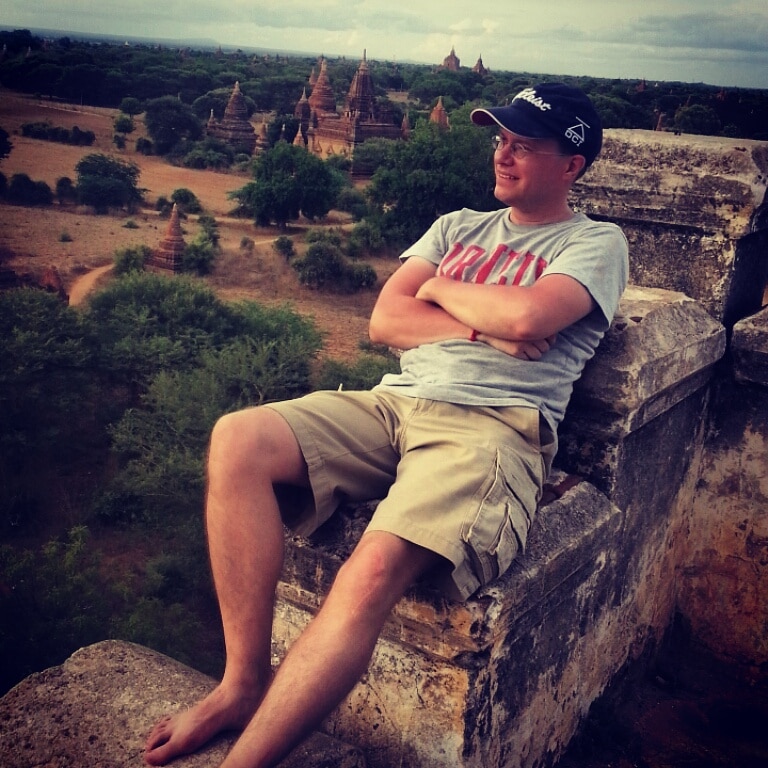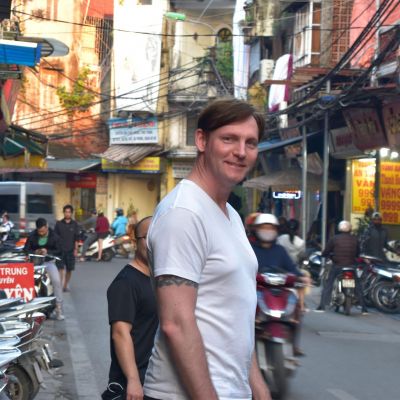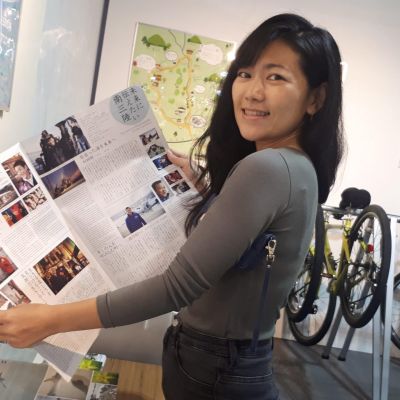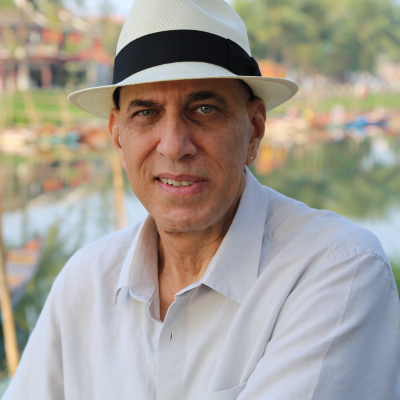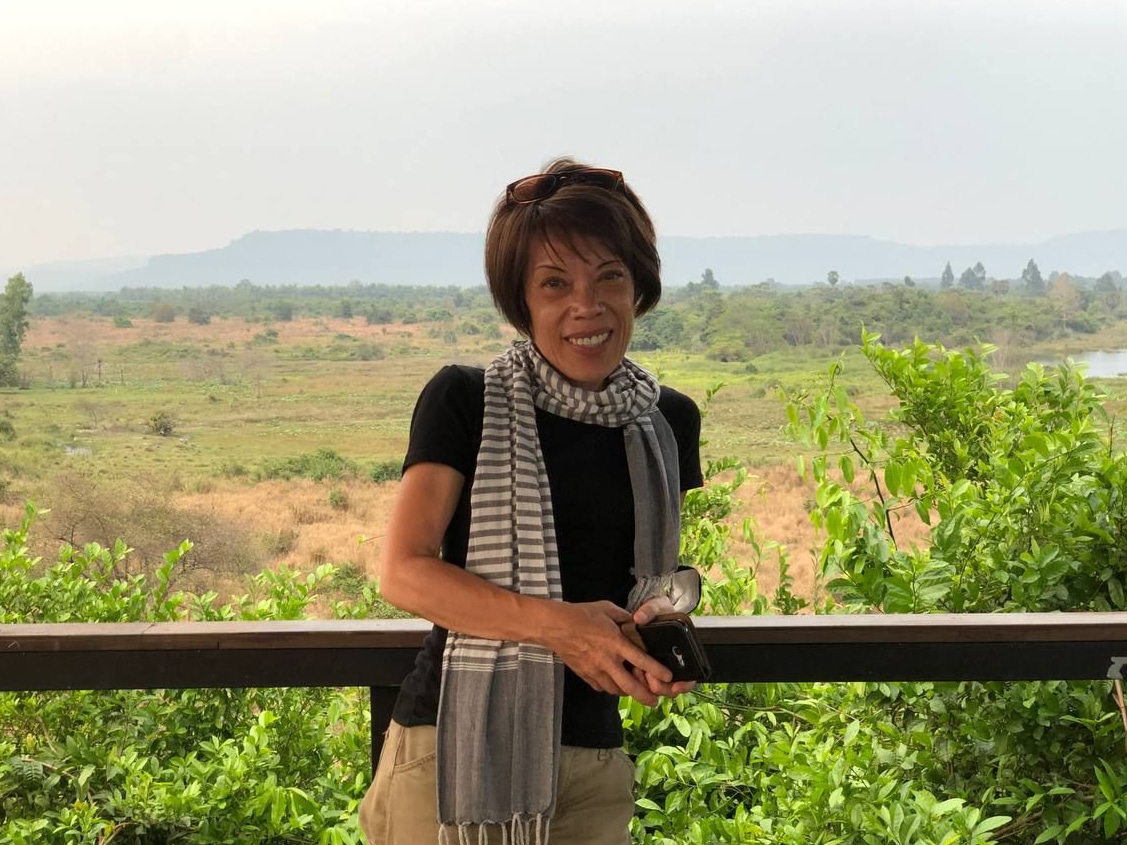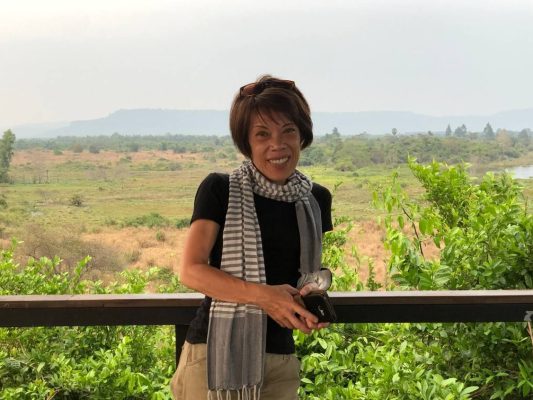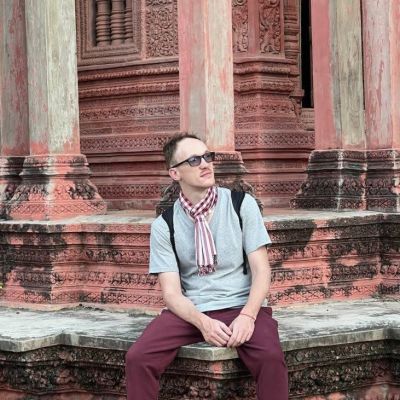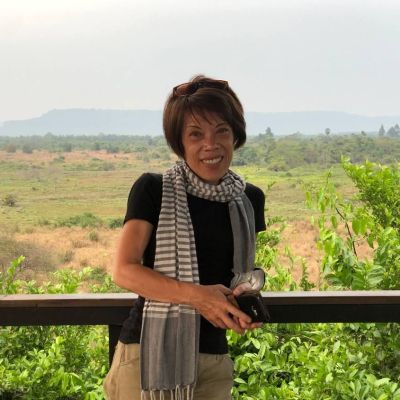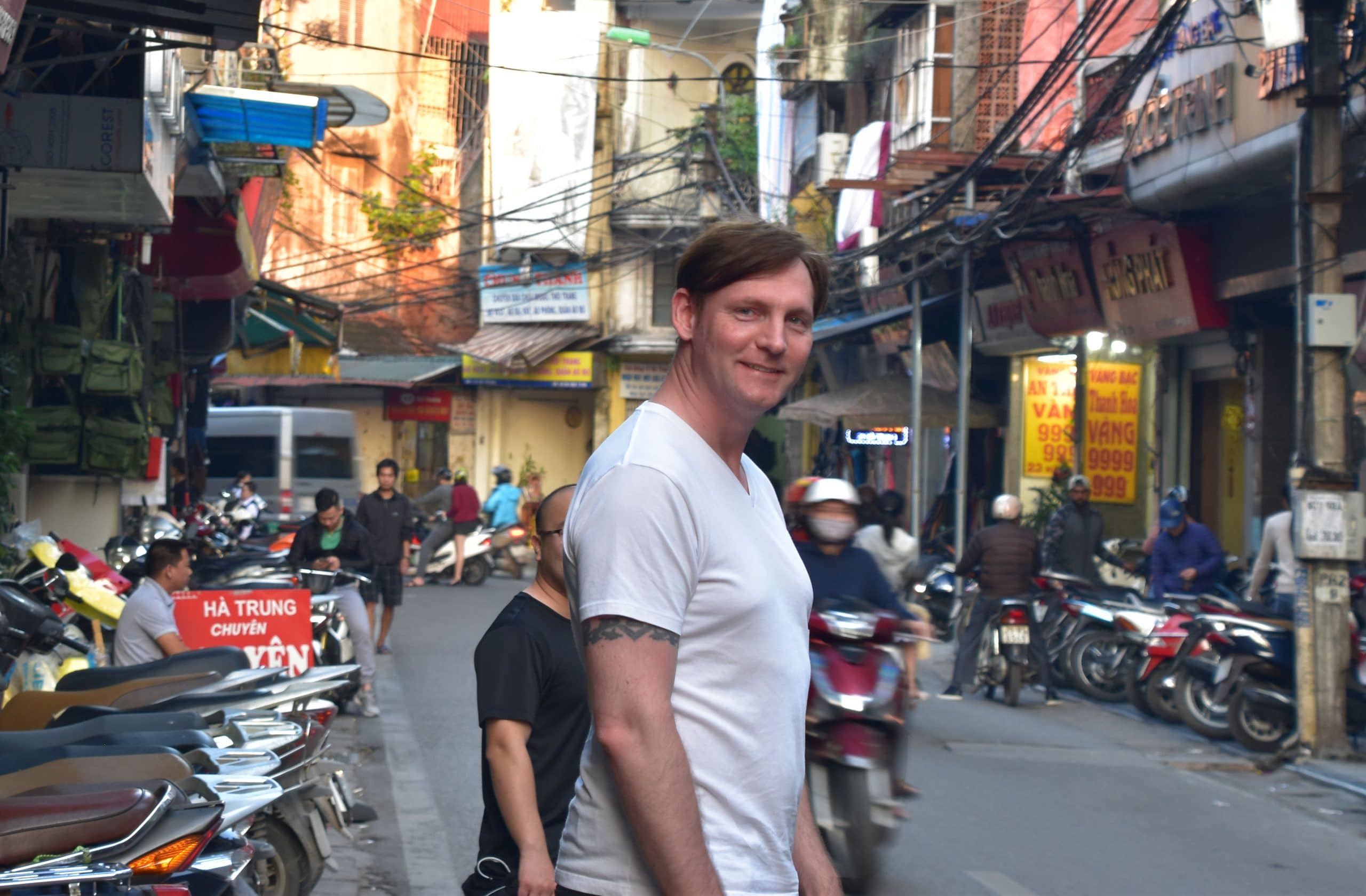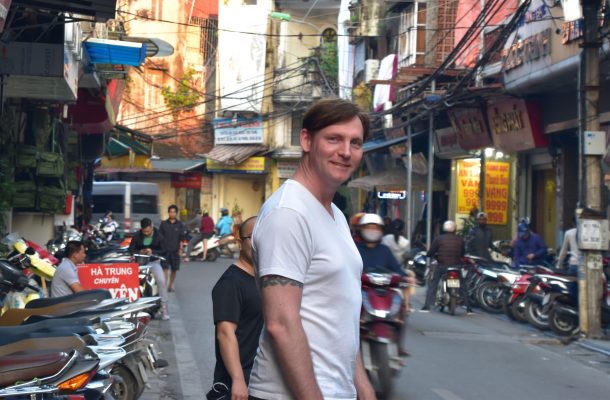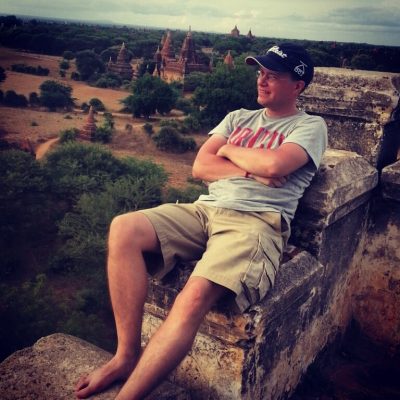
Jens Thraenhart
Founder
“As the role of Destination Marketing and Management Organizations evolves, so must its business model. The public and private sectors must collaborate. Together, these two forces can achieve greatness. This is especially vital preparing for a sustainable and balanced tourism recovery.”
Jens Thraenhart
What excites you about the Mekong Region?
I have traveled to virtually every corner in the Mekong Region, and have seen little villages with ancient rituals to bustling cities, tasted some amazing (some very interesting) food and drinks, was stunned by incredible world heritage sites and natural wonders, and connected with the most amazing people on this planet that opened their hears to welcome me into their homes. The countries of the Greater Mekong Subregion (Cambodia, Lao PDR, Myanmar, Thailand, Viet Nam, and the provinces of Guangxi and Yunnan in PR China) have always fascinated me. It is such a beautiful and stunning region, rich in culture, heritage, and environmental assets – to be able to assist in promoting and developing tourism in these countries was a tremendous honour, to get the trust from the six governments. On the other hand, it was an exciting challenge to create a platform for stakeholder engagement and collaboration. I also saw this role as a unique opportunity to build a new model when it comes to sustainable destination management.
Tell us about your Background
My entrepreneurial edge was sharpened, while studying medicine and working in a psychiatric hospital in Germany, when starting a unique food catering business, after buying a crepe maker in France, and offering crepes to parties in hospitals and street fairs, before crepes became popular in Germany. I went on to study hotel management in Switzerland, graduating with an MBA from Cornell University, and currently completing my doctorate thesis from The Hong Kong Polytechnic University.
When I was 24 years old, I was a General Manager of an 80-room golf resort in Germany, and I went on to work for luxury hotel companies from Kempinski Hotels & Resorts, Four Seasons Hotels & Resorts, Fairmont Hotels & Resorts, and Dusit Hotels & Resorts, before moving into tourism. My first step into government was working for the Canadian Tourism Commission (now Destination Canada) as head of Marketing Strategy. Digital & CRM, after being appointed as Executive Director of the Mekong Tourism Coordinating Office by the six member countries.
Always having been fascinated by Asia, I move to Beijing for 5 years and co-founded pioneering marketing and travel technology firm Dragon Trail in 2008, as well published the China Travel Trends books and online magazine, while being Chair for PATA China (Pacific Asia Travel Association). After almost 8 years heading the Mekong Tourism Coordinating Office, I have recently left Bangkok for the Caribbean, having been appointed as the Chief Executive Officer of the National Tourism Board of the Republic of Barbados. I am humbled to have been recognized as, Top 100 Rising Stars in Travel (2003), Top 25 Extraordinary Minds in Travel and Tourism (204), Top 20 Brilliant Minds in European Hospitality (2014), and Global Tourism Hero (2021).
How do you want to make an impact for the region?
I will always feel connected to this amazing part of the world and its people, but I will probably answer this question more on how I believe I have made an impact for the region over the past 10+years: I realized early as Executive Director of The Mekong Tourism Coordinating Office that in order to make regional tourism collaboration in the Greater Mekong work, it can only work in cooperation with the private sector. Due to the mistrust by the industry of government, it was vital to develop a private-sector led regional tourism board, which can work independently but in alignment with the public sector-owned regional tourism cooperation.
I created the concept of Destination Mekong and formed the Mekong Tourism Advisory Group (MeTAG), established thematic community-driven tourism niche expert groups from the bottom-up, and put in place a sound governance structure to operate the private-sector-led regional tourism board in a transparent way, hosted by the Ministry of Tourism of Cambodia as a GMS member government. With the private sector contributing to programs, initiatives, and campaigns to collaboratively promote and develop the region in an inclusive and sustainable fashion, supported by the policy framework of the six governments, the travel and tourism industry overall will increase resilience and competitiveness.
Personally, this was my greatest achievement, and the most valuable contribution to travel and tourism for the Mekong Region.
Please find out more by reading my interview with Sustainability Leaders:
https://sustainability-leaders.com/jens-thraenhart-interview/
MORE PEOPLE
Gerrit Krüger
Gerrit Kruger Chief Marketing Officer Linkedin-in “To create good tourism, we need to build pride in communities in their culture, offerings, and products and provide capacity to enable balanced tourism. Only people who like…
Shinobu Hayama
Shinobu Hayama Special Advisor (Japan-Mekong Cooperation) Linkedin-in What excites you about the Mekong Region? Cambodia, Vietnam and Thailand have gifted me some of the most transformative journeys since my university years. Each destination has…
Daisy Park
Daisy Park 박재아 Special Advisor (Korea-Mekong Cooperation) Linkedin-in What excites you about the Mekong Region? “Diversity a Key for unlocking sustainability” is my faith in work. The GMS is the most accessible region from…
Neal Bermas
Neal Bermas Special Advisor (Social Enterprise) Linkedin-in External-link-alt What excites you about the Mekong Region? Simply put, what doesn’t excite me about the region? Since my first visit 20 years ago, the sites, smells,…
